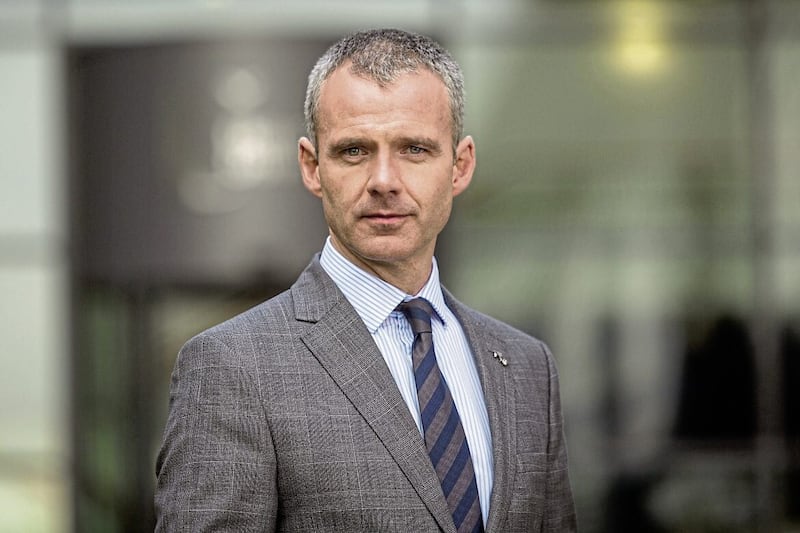In recent weeks there has been intense debate over the public finances, which has highlighted the need for ministers to make difficult decisions.
As the fiscal environment grows increasingly constrained, two policy areas must be prioritised: boosting economic growth and implementing public service reform to create the only sustainable path to long-term financial stability.
The last 15 years has been characterised by the strange combination of downward pressure on government spending and an increasing tax burden caused by a sustained period of below trend economic growth. Focusing on GDP growth is not always popular, but our recent experience has shown that this attitude must change. We need to recognise that strong GDP growth results in increased tax revenues which in turn funds public services.
The first step in delivering economic growth is to increase capital investment and infrastructure spending. Prior to the global financial crisis, capital and infrastructure spending increased consistently, but this trend stopped after 2008, coinciding with a reduction in the long-term economic growth rate.
The correlation is clear - robust capital investment spending is central to economic vitality. This means focusing on projects in sectors such as transport, communications, energy and utilities (especially water and wastewater) which in turn creates a solid foundation for private sector investment.
A growing economy also requires significant skills investment. Despite the scale of the economic challenges over the last few years including the pandemic, geopolitical tensions and high interest rates, businesses have consistently reported access to skilled labour as one of their top challenges.
Northern Ireland has the lowest proportion of tertiary-educated individuals in the UK, coupled with the highest level of economic inactivity, even though approximately 55,000 economically inactive have indicated they are willing to work. This presents a substantial opportunity for workforce expansion, but the skills deficit requires targeted policies.
Typical interventions could include removing the welfare disincentive to training by allowing people to retain their welfare benefits during their participation in skills development programmes. Skills academies have an excellent reputation for good reason, but they should be expanded to include those with low/no qualifications and be open to small and medium sized businesses.
We also need clearer education and qualifications pathways for those wanting to pursue a professional & technical career and a comprehensive mapping of training and development support for those already in employment and to encourage greater lifelong learning.
This is not to be critical or suggest that work is not being done in these areas, but this requires focus given the complex nature of the problems faced by some groups in society.
The second major priority area for the Executive must be public service transformation. In the past this may have been interpreted as code for efficiency savings to reduce budgets, but it is certainly not the case today given the challenges public services currently face. Transformation is required to make sure we get the best outcomes for the public money spent.
Take the two largest departmental budgets as examples. In 2019, the then Department of Health permanent secretary said that he had enough money to run a world class health service, just not enough money to run this health service. Bengoa also made similar comments indicating that the issue was less about the funding available for health and more about how the money was spent.
Those statements were made some years ago and funding pressures will have grown significantly since then, but they both point to the need to reform the delivery of health in Northern Ireland. Given the stated need for a 6% annual increase in the health budget just to stand still, the status quo is simply not an option.
Education is another sector facing very significant challenges, and in recent weeks school principals have highlighted the difficult situations in which they find themselves. Significant reform is also required here because in 2020, the then Education Minister indicated there were 60,000 surpluses places in schools across Northern Ireland. That may have come down in the last few years, but the longer-term demographics presents a challenge here too.

There are currently approximately 355,000 school age (five-to-18-year-old) children in Northern Ireland, but that is forecast to fall to 285,000 by 2040, a further reduction of 70,000, or 20%.
The decision to close small schools is very difficult particularly when located in small communities, but keeping those schools open is absorbing funding desperately needed in other schools, at a time when the demand for the likes of Special Education Needs services continue to grow.
We can look at these challenges and conclude that the best time to have started this transformation was 10 years ago, and that might be correct. But the second best time to start is now.
- Gareth Hetherington is director at the Ulster University Economic Policy Centre (UUEPC)








